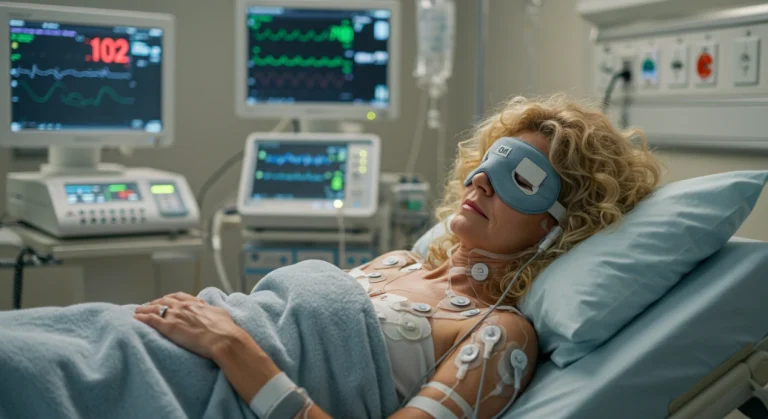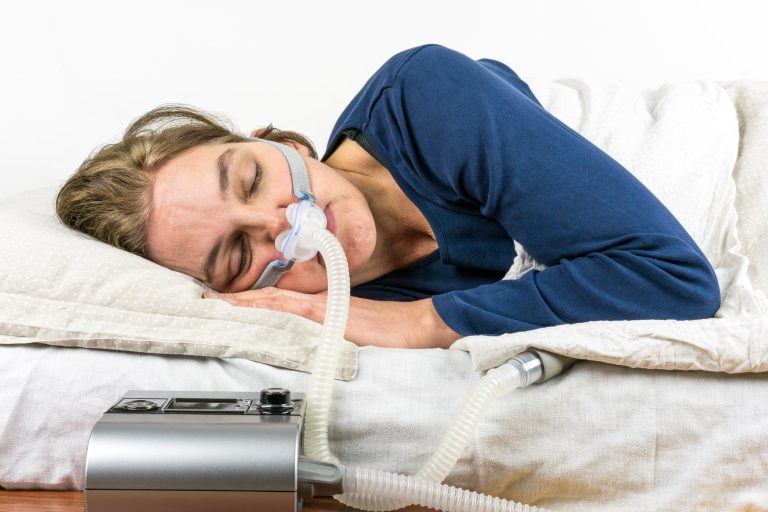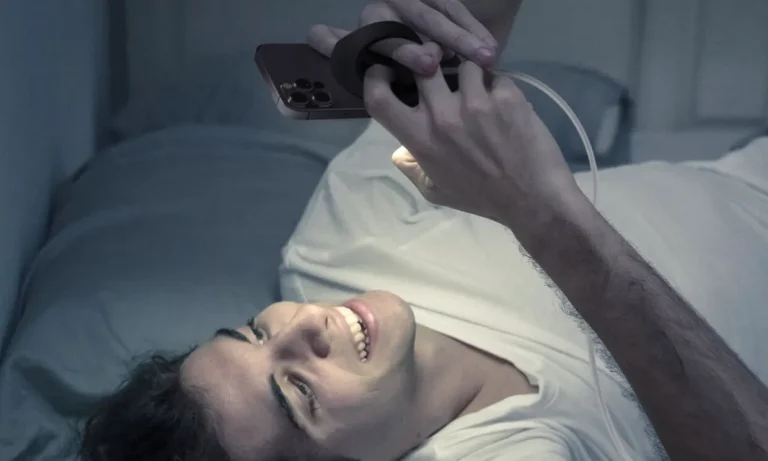How Sleep Disorders Affect Daily Life — And What You Can Do to Take Back Control

Sleep disorders are far more than just a nighttime issue. At Vector Sleep Diagnostic Center, we see daily how conditions like sleep apnea, insomnia, and restless legs syndrome can disrupt lives, affecting everything from concentration at work to emotional balance and long-term health. The good news? These issues are diagnosable, treatable, and manageable with the right care.
If you’re constantly tired, irritable, or foggy-headed, a sleep disorder may be the silent culprit. This guide explains how sleep issues impact daily functioning and how you can take steps — starting today — to reclaim your health and energy.
Understanding the Daily Impact of Sleep Disorders
Sleep disorders affect millions of Americans, but most don’t realize just how deeply these conditions interfere with their everyday lives. Here’s how poor sleep shows up during your waking hours:
Physical Fatigue and Low Energy
Without restorative sleep, your body can’t recharge. Chronic exhaustion affects:
- Immune function, making you prone to frequent illnesses
- Weight regulation due to hormone imbalances
- Muscle recovery and performance
Cognitive Impairment
Poor sleep dramatically affects your brain’s ability to function. You may notice:
- Slower reaction times (especially dangerous when driving)
- Forgetfulness or memory lapses
- Reduced problem-solving and critical thinking
Mood and Mental Health Effects
Lack of quality sleep contributes to:
- Irritability and mood swings
- Heightened stress responses
- Increased risk of anxiety and depression
Most Common Sleep Disorders — and What to Watch For
We diagnose and treat a wide range of sleep disorders. Here are some of the most common:
| Sleep Disorder | Common Symptoms | Long-Term Risks |
|---|---|---|
| Sleep Apnea | Loud snoring, gasping, daytime fatigue | Heart disease, stroke, diabetes |
| Insomnia | Trouble falling/staying asleep | Depression, memory issues, poor focus |
| Restless Legs Syndrome | Uncomfortable leg sensations at night | Sleep fragmentation, poor concentration |
| Narcolepsy | Sudden sleep attacks, extreme tiredness | Injury risk, reduced productivity |
| Parasomnias | Sleepwalking, nightmares, night terrors | Safety concerns, disrupted sleep cycles |
Bonus Tip: If you’re unsure whether your symptoms signal a disorder, keep a 2-week sleep diary to track patterns in mood, alertness, and restlessness.
Diagnosis and Treatment: What You Can Do
Step 1: Get a Professional Evaluation
Many sleep conditions go undiagnosed for years. We recommend starting with a comprehensive sleep study to measure brain activity, breathing, heart rate, and movement.
Step 2: Understand Your Treatment Options
| Treatment Type | Description | Best For |
|---|---|---|
| CPAP Therapy | Keeps airways open during sleep | Sleep apnea |
| Cognitive Behavioral Therapy | Reframes sleep habits and thought patterns | Chronic insomnia |
| Medication | Short-term aid for specific conditions | Severe cases of insomnia or RLS |
| Lifestyle Modifications | Diet, exercise, stress reduction | Mild-to-moderate sleep disruption |
Bonus Tip: Even small daily changes like limiting blue light exposure before bed or avoiding caffeine after 2 p.m. can have a big impact on sleep quality.
Things to Know Before Choosing a Treatment Plan
- Ventilation Matters: Sleep apnea sufferers often require airflow support. A poorly ventilated sleep environment can worsen symptoms.
- Device Calibration: For CPAP and similar devices, proper fitting and adjustment are key to long-term success.
- Lifestyle Support: Look for programs that include dietary, stress management, and movement counseling.
Trending Discussions in Sleep Health
- The Rise of Sleep Tech: Wearables now track sleep patterns with increasing accuracy, but they’re not a substitute for clinical evaluation.
- Sleep and Metabolic Health: Research increasingly shows that untreated sleep apnea can significantly impact blood sugar control and weight gain.
- Remote Sleep Testing: More clinics, including ours, now offer at-home sleep studies for comfort and convenience.
Ready to Achieve Restful, Restorative Sleep?
If sleep issues are stealing your energy and joy, it’s time to take back control. We specialize in helping patients across Queens and NYC — including The Bronx, Brooklyn, Manhattan, and Staten Island — reclaim their nights and recharge their days.
Apply these insights now: Schedule your consultation with Vector Sleep Diagnostic Center and get a clear path forward.
- Call: (718) 830-2800
- Email: vectorsleep@gmail.com
- Website: Get Started with Better Sleep
Your Sleep Questions Answered
How do I know if I have a sleep disorder or if I’m just tired?
Chronic fatigue, irritability, or memory lapses that persist for weeks could indicate a sleep disorder.
Can I do a sleep study at home?
Yes — at Vector Sleep, we offer home-based sleep testing options. They’re accurate, comfortable, and a great first step.
What if I hate wearing a CPAP machine?
You’re not alone. We help patients explore alternatives, including auto-PAP, oral appliances, and behavioral therapies.
How soon will I feel better after starting treatment?
Some patients notice improvements within a few days of starting therapy. Others may need a few weeks to adjust. Consistency is key.






